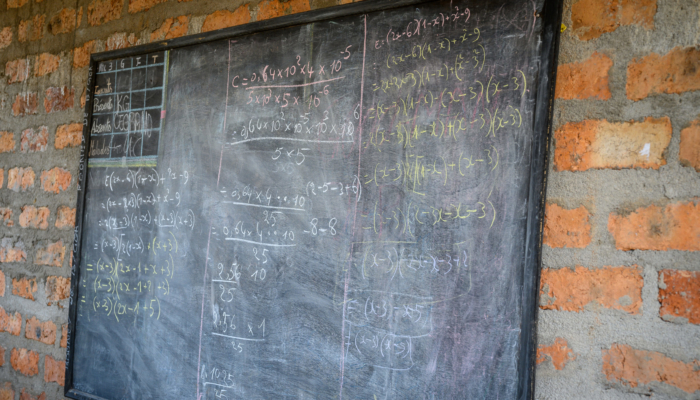Course
KUNO Summer Course 2021

foto: Mickael Franci/ Cordaid
Have you recently started working in the humanitarian field and are you looking for a solid kick-start? Or are you an experienced humanitarian professional looking for a thorough update? The KUNO Summer Course is there for you.
After the last three years’ successes, KUNO will organize another Summer Course. In this two-day course, humanitarian academics and experienced humanitarian professionals will discuss all relevant aspects of humanitarian work. A mixture of practical knowledge, debates and working sessions, will feed your brain, enhance your efficiency as a humanitarian worker and strengthen your network.
We will organize this summer course face-to-face at the Hague (ZIINN), taking all appropriate Covid-measures into account.
- Professor of humanitarian studies Thea Hilhorst from the International Institute of Social Studies (ISS) at Erasmus University Rotterdam
- Benoit de Gryse from Stichting Vluchteling, Head of Operations and Advocacy
- Marielle van Miltenburg Head of Humanitarian Affairs at the Ministry of Foreign Affairs
- Emiel Martens (UvA/EUR) & Wouter Oomen (UU), founders of the Expertise Centre Humanitarian Communication
Day 1, morning: Thea Hilhorst, Global humanitarian governance trends
Learning goals – participants will be able to understand:
- The different types of humanitarian organizations (Dunantist, Double Mandated etc.);
- The relevant institutional structures in humanitarian aid and how they interact and/or compete;
- The origins and logic of different guiding policies that structure humanitarian aid: CHS, SPHERE;
- New actors (private actors, new volunteer movements) and the effects on the humanitarian field;
- Trends (Covid, urbanisation, protracted crisis, a growing self-esteem of local and national actors) and the structural changes they might bring to the humanitarian sector.
Day 1, afternoon: Benoit de Gryse, Humanitarian aid in daily practice
Learning goals – participants will be able to understand:
- What to expect when repsonding to a crisis;
- How to set priorities: UN classification system (L1-2-3);
- Coordination; UN OCHA cluster system;
- Access & its challenges (f.i. negotiating with armed groups);
- A growing politicization of aid and its consequences.
Day 2, morning: Marielle van Miltenburg, Priorities of the humanitarian policy of the Ministry of Foreign Affairs
Learning goals – participants will be able to understand:
- Humanitarian priorities of the Netherlands;
- Politics versus impartial, neutral and independent humanitarian aid (politicization & humanitarian diplomacy);
- The present policies that aim to reform the international humanitarian aid industry (WHS, Grand Bargain, DRA, START Network);
- Current dilemma’s concerning quality and effectiveness of humanitarian aid (risk management, localization, unearmarked funding, nexus, etc.).
Day 2, afternoon: Emiel Martens & Wouter Oomen, Humanitarian communication
Learning goals – participants will be able to understand:
- The (neo)colonial history of international development and humanitarian communication;
- How stereotypes have been and are still used in the communications of international development organizations, and what the consequences are of such stereotypes;
- The importance of ethical and inclusive humanitarian communication, and how this could be achieved.